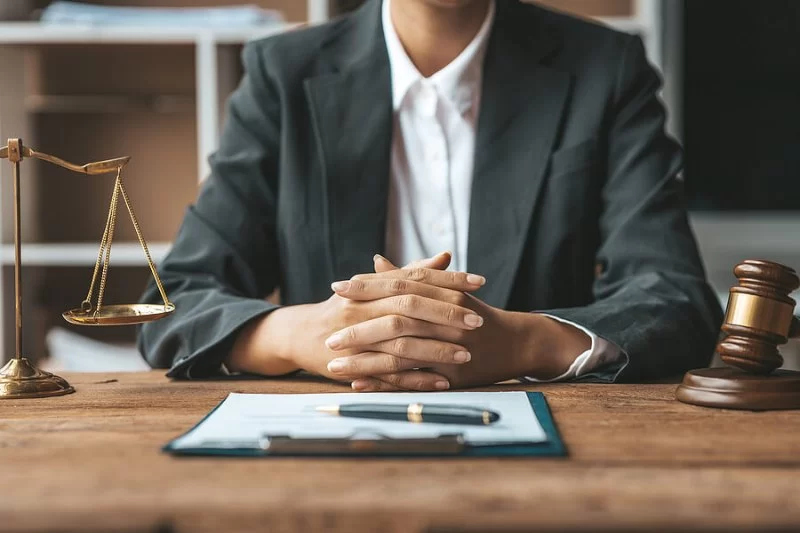
- 1 - the-nature-of-defense-law
- 2 - truth-versus-legal-responsibility
- 3 - client-confidentiality-and-limitations
- 4 - real-cases-and-public-debates
- 5 - strategic-approach-in-the-courtroom
- 6 - ethical-dilemmas-defense-lawyers-face
- 7 - guidance-and-professional-support
The Nature of Defense Law
When people ask, do defense lawyers know the truth, they often imagine attorneys holding secret knowledge about guilt or innocence. In reality, the role of a defense lawyer is not to judge truth but to ensure that every client receives a fair trial. Defense attorneys operate under a legal framework where evidence, procedure, and constitutional rights matter as much—if not more—than subjective truth. Their task is to challenge the prosecution and ensure justice is upheld for all individuals, regardless of guilt or innocence.
Truth Versus Legal Responsibility
A crucial distinction in criminal defense is the difference between knowing the "truth" and fulfilling legal responsibilities. Defense lawyers may suspect or even be told certain details by their clients, but suspicion and truth are not the same in the courtroom. Courts require evidence, not assumptions. A lawyer’s ethical duty is to represent the client’s interests within the boundaries of the law, ensuring that verdicts are based on facts presented, not personal biases or assumptions.
Client Confidentiality and Limitations
One of the strongest legal principles guiding defense lawyers is attorney-client confidentiality. If a client admits to a crime, a lawyer cannot disclose it without consent. However, this does not mean attorneys can encourage false testimony. For example, if a client intends to lie under oath, the lawyer faces restrictions and must navigate carefully to avoid violating ethical codes. These confidentiality rules make the answer to “do defense lawyers know the truth” complex—sometimes they do, sometimes they don’t, but their role remains focused on protecting rights within the law.
Real Cases and Public Debates
Public debates often flare up when high-profile cases involve controversial defense strategies. One example was the defense of Casey Anthony, where many wondered whether her attorneys "knew the truth." The case highlighted how defense teams may pursue alternative narratives not to declare innocence outright, but to challenge the prosecution’s ability to prove guilt beyond a reasonable doubt. Such cases demonstrate the tension between public perceptions of truth and the legal system’s requirements for fairness.
Strategic Approach in the Courtroom
Defense attorneys use strategy rather than relying solely on “truth.” They may question the credibility of witnesses, highlight inconsistencies in evidence, or point to procedural errors. This does not necessarily mean they are denying the truth but rather ensuring the prosecution meets its burden of proof. A defense lawyer’s focus is not on whether their client “did it,” but whether the state has proven the case legally and convincingly.
Ethical Dilemmas Defense Lawyers Face
The legal profession requires defense lawyers to balance personal morality with professional responsibility. Some may struggle with defending clients they believe are guilty. However, the justice system relies on their willingness to provide a robust defense, ensuring no one is unfairly convicted. This ethical framework strengthens democracy and protects individuals from potential abuse of power. It also explains why the answer to do defense lawyers know the truth cannot be simplified into a yes or no—it depends on evidence, ethics, and circumstance.
Guidance and Professional Support
For individuals seeking clarity about legal representation, understanding these dynamics is essential. Defense lawyers are not truth-seekers in the traditional sense—they are protectors of rights and fairness. Anyone needing legal assistance should work with experienced professionals who can navigate these complexities with skill and integrity. At ESPLawyers, clients find not only legal expertise but also trusted guidance that respects confidentiality, ethical standards, and the pursuit of justice.








